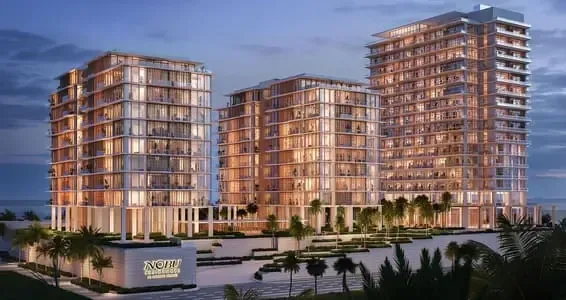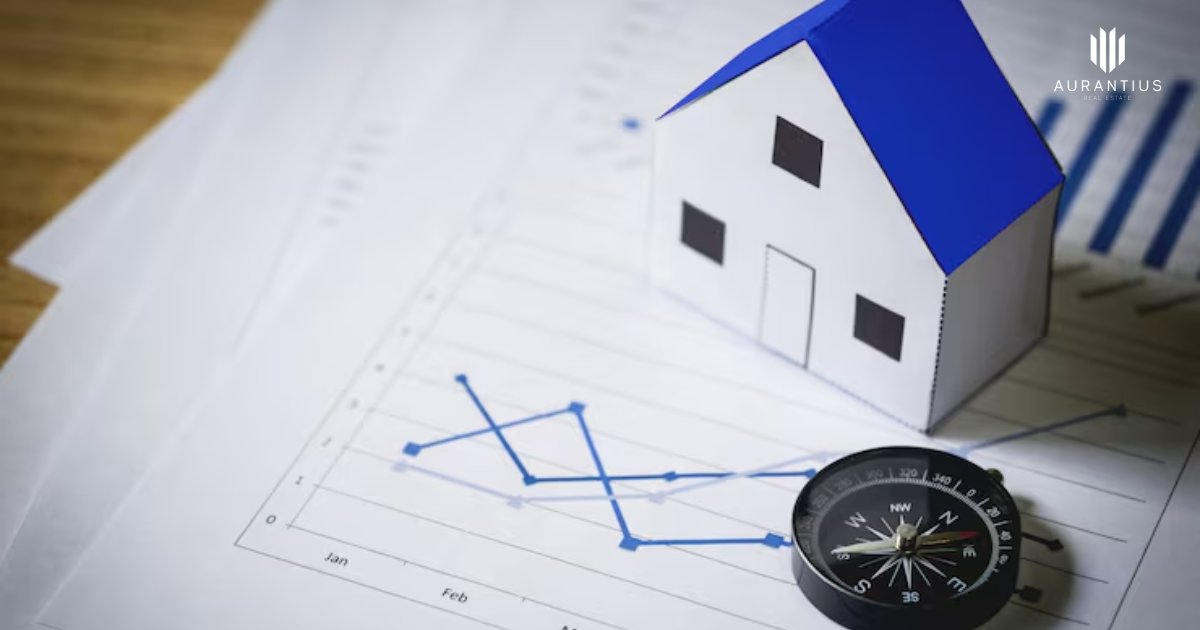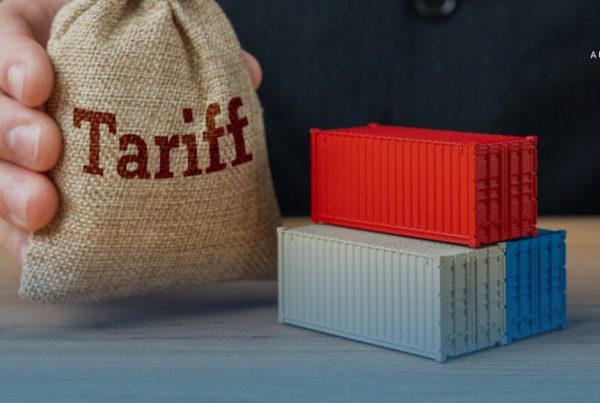Dubai Real Estate Boom in 2025: Growth Amidst Limited Supply and Strategic Investments
Dubai real estate market has entered 2025 with extraordinary momentum, standing out globally for its resilience and investor appeal. Strong demand, record transaction volumes, and strategic investments have shaped the property landscape. Yet, beneath the booming surface lies a pressing challenge—limited supply. According to the JLL Middle East and Africa Market Review and Outlook 2025, this supply gap, combined with large-scale infrastructure projects and the rise of alternative assets like last-mile logistics hubs and data centers, is transforming how the UAE property sector evolves.

Unprecedented Demand Meets Limited Supply
By the end of 2024, Dubai reported an impressive 32% surge in residential sales transactions, amounting to Dh367 billion. Off-plan property sales dominated, representing over Dh223 billion or 60.7% of the total, based on REIDIN data. Developers responded with the launch of nearly 157,000 new units—the highest annual total ever recorded. However, even with this pipeline, supply has not kept pace with investor appetite.
Rental prices rose 15.7% year on year, reflecting strong tenant demand. While this signals a thriving rental sector, it also highlights a delicate balancing act between affordability and profitability for both landlords and investors. The expectation for the medium term is a gradual stabilization, but supply bottlenecks will continue to drive competition in highly sought-after areas such as Dubai Marina, Downtown Dubai, and Business Bay.
Sub-Market Spotlight: JVC Leads the Pack
Momentum carried into 2025, with February alone seeing 15,300 property transactions, following January’s robust 13,500. A remarkable 8% of these transactions occurred in Jumeirah Village Circle (JVC), cementing its reputation as a prime choice for both ready and under-construction properties. Apartments led with a 14% month-on-month rise in sales, while villas and townhouses grew by 10%, showcasing Dubai’s broad appeal across property types.
More than 7,190 new units entered the market in February, reflecting developer confidence in sustained growth. Communities like JVC are increasingly attractive due to affordability, amenities, and strong rental yields.
Strong Economic Fundamentals Drive Confidence
The UAE’s diversified and resilient economy underpins this real estate boom. Despite global uncertainties and reduced oil production, the UAE was the only GCC nation to post positive oil-GDP growth in 2024. Even more promising, non-oil GDP expanded by 4.7% in 2024 and is projected to reach 4.8% in 2025. Strategic government initiatives, including converting qualified non-freehold properties, advancing infrastructure, and encouraging alternative asset classes, further strengthen investor sentiment.
As Taimur Khan, Head of Research MEA at JLL, noted: “With inflation stabilizing and a robust labor market, demand across Dubai and Abu Dhabi continues to rise.” This trend reflects the emirate’s ability to remain attractive not just for residential buyers, but also for institutional and corporate investors.
Dominance in Construction and Project Development
In 2024, the UAE dominated regional construction activity, securing 47% of all project awards in the Middle East and Africa—worth around $34 billion. Residential and mixed-use developments accounted for $28.3 billion and $4.6 billion, respectively. This trend is expected to continue into 2025, especially with iconic developers such as Emaar, DAMAC, and Sobha Realty leading the way with innovative master-planned communities.
However, experts caution that rising costs must be carefully managed. As Gary Tracey of JLL highlighted, while order books are strong, developers must adopt innovative cost-control measures to maintain sustainable growth.
Market Constraints and Tender Price Inflation
Tender Price Inflation (TPI) held steady at 3% in 2024, with forecasts of 2.5% for 2025. Lower interest rates and stabilizing commodity prices should support more favorable conditions, though capacity constraints in the construction industry remain. Careful planning will be vital for developers to balance profitability against rising input costs.
Office Space Demand Reflects Economic Strength
Commercial real estate is also thriving. Abu Dhabi recorded a 30.8% increase in office rental registrations in 2024, while Dubai remains firmly a landlord’s market. Roughly 122,000 square meters of Grade A office space are scheduled to be delivered in 2025, concentrated in key hubs like DIFC, Dubai Internet City, and Sheikh Zayed Road. Demand from international corporations ensures these spaces will remain in high demand.
Conclusion: Balancing Growth with Sustainable Development
Dubai’s property sector in 2025 demonstrates both extraordinary strength and underlying challenges. Strong demand, strategic investments, and solid economic fundamentals continue to attract global attention, yet limited supply, rising construction costs, and infrastructure capacity constraints must be addressed. Developers and policymakers alike must focus on long-term sustainability, ensuring the market remains accessible while still delivering high-value opportunities for investors.
Ultimately, Dubai continues to affirm its status as a global real estate hub. With world-class developments from leading names like Emaar, DAMAC, and Sobha Realty, coupled with strong-performing communities such as Dubai Marina, Downtown Dubai, and Business Bay, investors can expect Dubai’s real estate story in 2025 to remain one of growth, resilience, and global appeal.











